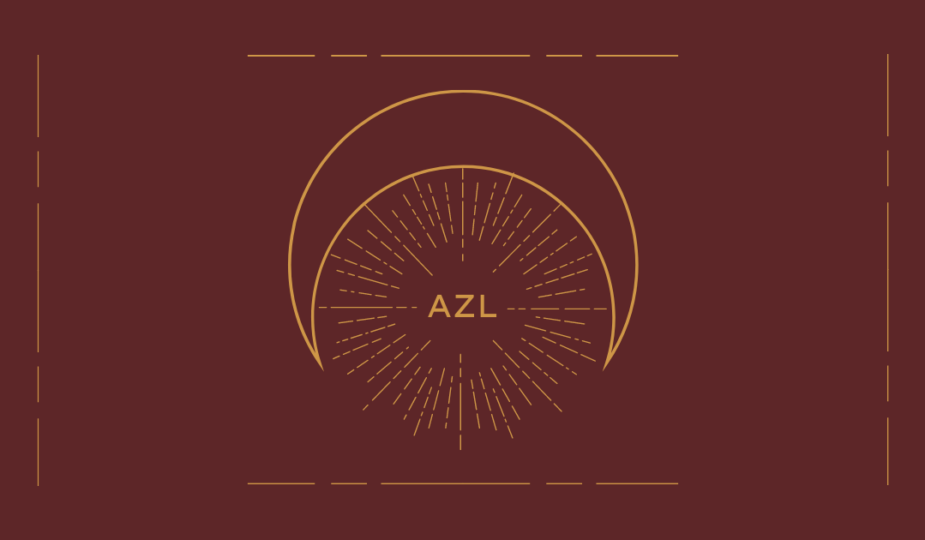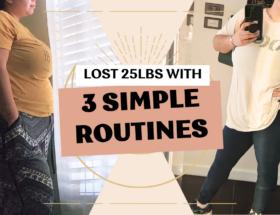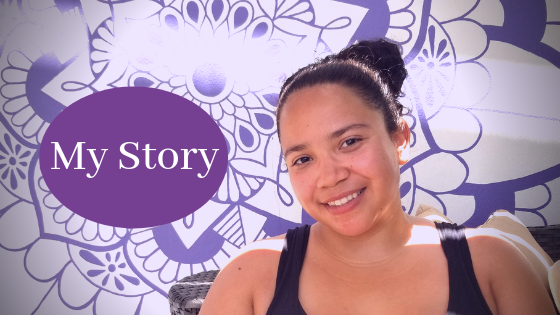Will meditation help with anxiety?
Feeling like you’re riding the anxiety rollercoaster without a seatbelt? Don’t worry; you’re not alone. In this guide, we’re about to dive into the world of meditation, to uncover how it can be your ultimate anxiety-fighting sidekick.
Meditation, the not-so-secret ingredient, is often recommended as a helpful practice for managing anxiety. While individual experiences may vary, many people find that incorporating meditation into their routine can have positive effects on their mental well-being.
Understanding Anxiety:
Anxiety, that uninvited party crasher, loves to throw a wrench into our mental festivities. Whether it’s the pre-presentation jitters or the all-night worry marathon about life’s mysteries. Anxiety has its ways of making an entrance. On the bright side, meditation is here to kick that party crasher to the curb.
It’s important to note that anxiety exists on a spectrum, from mild and temporary to severe and chronic. Occasional anxiety can be a normal part of life and may even have adaptive functions, helping individuals respond to challenges. However, when anxiety becomes overwhelming, persistent, or disrupts daily functioning, it may indicate an anxiety disorder.
*This guide is for entertainment and educational purposes only. It is not intended as medical advice. Please consult with a doctor and/or mental health professional.
How Can Meditation Help?
Now, let’s talk about meditation, the superhero of chill vibes.
1. The Calming Breath:
Imagine your mind as a drama queen, and meditation as the director telling it to take a chill pill. Deep inhales, dramatic exhales – it’s a breathy performance that signals to your nervous system, “Cue the relaxation, please!” Thus, calming the mind and reducing anxiety.
2. Mindfulness Magic:
Mindfulness meditation encourages you to be fully present in the moment without judgment. By cultivating mindfulness, you may become more aware of your thoughts and feelings. This allows you to respond to them in a more balanced way. Making you the ultimate chill-seeker. Your mind, a wandering nomad in the desert of worries, meets mindfulness – the oasis of the present moment.
3. Stress Reduction:
When stress is reduced, it can have a positive impact on anxiety, as the two are closely interconnected. Cortisol levels drop, tension evaporates, and suddenly that looming stress mountain seems more like a cozy hillside hammock. It’s like turning stress into a distant memory.
4. Embracing the Now:
Anxiety loves to time travel, dwelling on past mishaps and future mayhem. Meditation, on the other hand, is the time-travel police, pulling you back to the now and improving emotional regulation by promoting a non-reactive awareness of emotions. This can prevent emotional triggers from escalating into anxiety-provoking situations.
5. The Power of Self-Awareness:
Meditation is like a VIP pass to your mind’s backstage party, encouraging self-reflection and self-awareness. By becoming besties with self-awareness, you unlock the secrets of your thoughts and emotional triggers. Understanding the patterns of your thoughts and emotions, you may gain insights into the root causes of anxiety and develop coping strategies. It’s the ultimate backstage pass to your own mental concert.
Reduce Anxiety, Elevate Life:
As you embark on this meditation escapade, remember: it’s not about becoming a meditation guru overnight. Rome wasn’t built in a day, and your Zen paradise won’t be either. Here are some tips to kick start your meditation journey:
1. Start Small:
Think of meditation like a mental appetizer – short and sweet. Begin with bite-sized sessions, gradually turning them into a feast for your mind. Five to ten minutes a day is like the perfect meditation tapas.
2. Create a Sacred Space:
Designate your meditation area, add a sprinkle of cushions, and voila – you’ve got a chill-out zone. Treat it like your own sacred space to give your mind a time-out.
3. Experiment with Techniques:
Meditation is like a buffet of relaxation techniques. Try out mindfulness, loving-kindness, or guided meditation – it’s the tasting menu for your mind. Experiment with different techniques to find what works best for you.
4. Be Patient:
Some days will be easier to meditate than others. Don’t worry if your mind feels like a chaotic carnival at first. Empires are not built in a day. With practice, you’ll turn your mental chaos into a cool, collected masterpiece.
Overall, consistency is key!
Establish a regular meditation practice and over time you will experience significant benefits. Meditation, with its breezy melodies of breath, mindfulness, and self-awareness, is your backstage pass to serenity. So, grab your mental popcorn, kick back, and let meditation be the Netflix subscription that turns your anxiety drama into a comedy of Zen proportions. Your calm, collected self is waiting – ready to strut through life with a swagger, thanks to the magic of meditation.
It’s important to note that while meditation can be a valuable tool, it may not be a standalone solution for everyone. If you are dealing with severe anxiety or a mental health condition, it’s advisable to consult with a mental health professional for personalized guidance and support.





